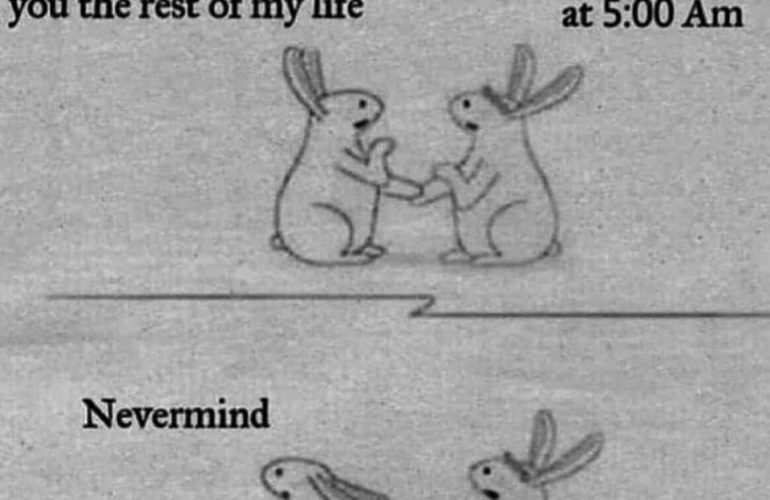I wish I had known these things about money ten years ago. (part 1)
What would it be like if you knew exactly why you don’t have more money, are sick, or are not yet in the romantic relationship you want?
Let me tell you. Last week I did an online coaching session with a client, and after the session, he understood the exact source of his problems and left with a method to solve his limitation.
You see, most people struggle with money and health or have problems with love. The fact that so far, most of the issues have been documented, there is a short way of transformation and liberation for those who want to have money and get out of debt, to get the body they dreamed of, to gain vitality and get rid of fatigue, to have the ideal partner, by their side.
Today’s article is extremely valuable, and I will divide it so you can integrate everything here. You will have the exact map of the three areas: financial, health, and love, and at the end, I will give you some powerful NLP methods in case you want to transform some things.
Today I start with the financial area, and I will let you know that every human being is at a certain level of evolution.
In finance, there are four levels:
- unemployed;
- employee;
- entrepreneur, freelancer, self-employed;
- investor.
You know the general differences between these roles because you are definitely in one of them. However, I would like to point out certain aspects.
Let’s start with what each one does with money:
- The unemployed has no money; he has debts.
- The employee uses the money on bills and what is left for entertainment and fun.
- If the entrepreneur has money, he buys a machine to produce more money.
- The investor doesn’t care about money anymore because he focuses only on growth, on contribution. He knows that money comes as a side effect.
Moreover, everyone wants money differently:
- the unemployed wants money today, here, now;
- the employee wants money at the end of the month – he has monthly bills to pay;
- the entrepreneur wants money at the end of the year – he knows about the existence of financial seasons;
- The investor is not interested in when the money comes in; he is happy with the implementation of his vision.
Not to mention that each level has a keyword:
- The unemployed person has luck as a keyword. He expects someone or something from the outside to solve his problems.
- The employee has the keyword: security. Stability and peace of mind are vital.
- The entrepreneur has the keyword: creativity. Without freedom of decision, the Entrepreneur cannot exist.
- The investor has vision as a keyword. He creates concepts and thinks about his contribution to the community.
Let me tell you more about each one:
- The unemployed: he will always wait for someone from outside to give him a job to solve his situation.
- The employee needs comfort and stability.
- The entrepreneur works passionately for freedom, for a certain lifestyle.
- The investor has a global vision, thinks systemically, and considers the benefits of the community.
Now that you know a few more details about each, you’ve identified yourself, and you’re already starting to wonder:
“Now that I know, how do I move to the next phase? “
The only psychological method is to change the beliefs that keep you in that role. When you believe those beliefs, you don’t even think you can move to the next stage.
Here are some examples of limiting beliefs that keep someone in that role and don’t allow them to move to the next level:
1. Limiting beliefs of the unemployed person:
- There is no job for my qualifications;
- There is a crisis, and there are no jobs;
- There are never enough jobs on the market;
- I am not smart enough;
- I don’t have enough knowledge to get a job;
- I am too young;
- I am too old;
- Rich people are not happy;
- If I accept other people’s help, it means I’m weak;
- If I admit I don’t know everything, I’ll look stupid;
- Nowadays, you can’t be employed and have a happy family life;
- Getting employed leads to stress and health problems;
- It’s hard to get employed nowadays;
- There aren’t many good opportunities anymore;
- God decides whether I’ll be poor, wealthy, or middle-class;
- Where would I get it if my parents and grandparents didn’t have money?
- Given my background, getting employed would take a lot of work.
2. Limiting beliefs of the employee:
- I don’t like to manage money;
- If I do my job well, the people around me will reward me;
- I know how to do a job very well, why learn something else?
- I’m sure I will retire from here, from my current job;
- I can’t wait for the weekend to have a good time;
- The head bowed, the sword doesn’t cut it;
- The company doesn’t care about me, and they are just after profit.
- Financial stability comes when you have a stable and well-paid job;
- I am too young/old to start my own business;
- I am not a leader;
- I already earn good money;
- Money does not bring happiness;
- You cannot start a business without money.
3. Limiting beliefs of the entrepreneur:
- I don’t need to know how to manage money because I don’t have much money anyway.
- Money changes people.
- There is no point in making a lot of money. You will have to pay higher taxes.
- I am too busy to learn new things and acquire new skills.
- Investments are for those who have a lot of money.
- Investments are too risky.
In the coming days, I will also describe the levels for the health and love domain in detail.
What do you think is what you’ve read so far helpful?
If so, think about a limiting belief about money until next time. If you want to get rid of it, share it with me, and I will give you at least one option to eliminate it and replace it with a useful one.




